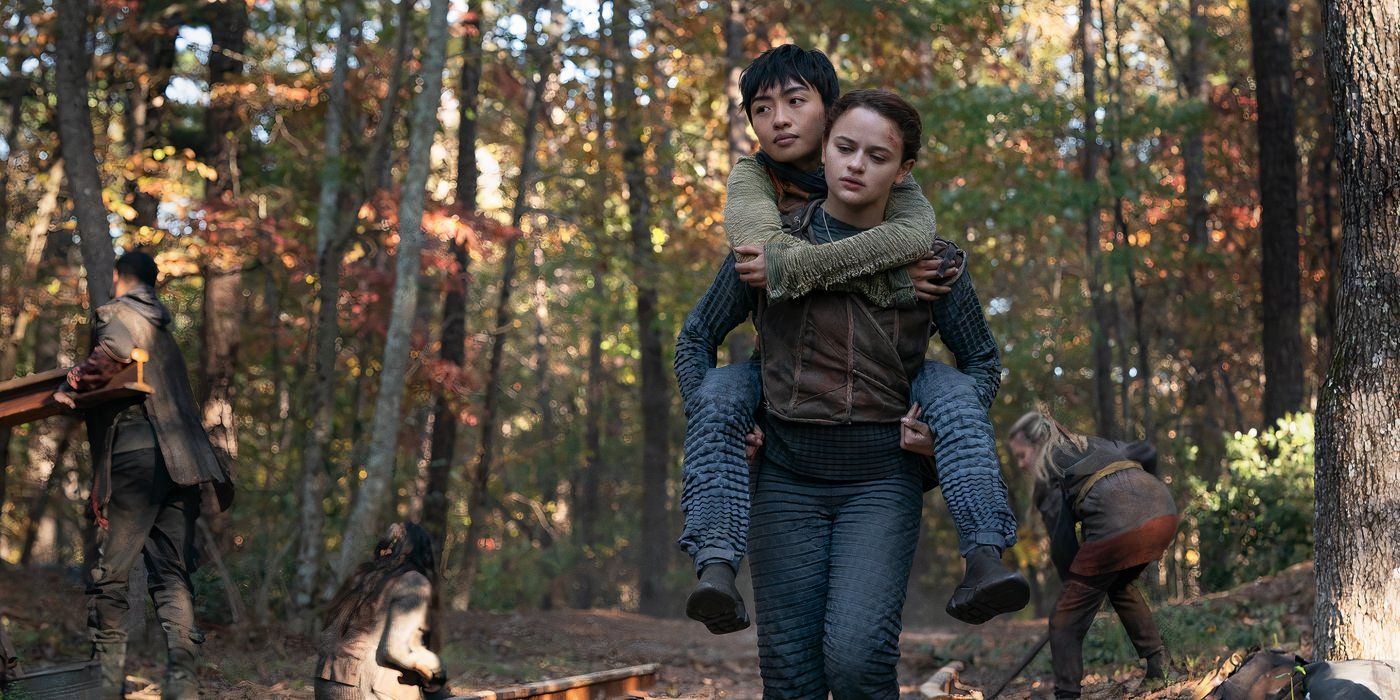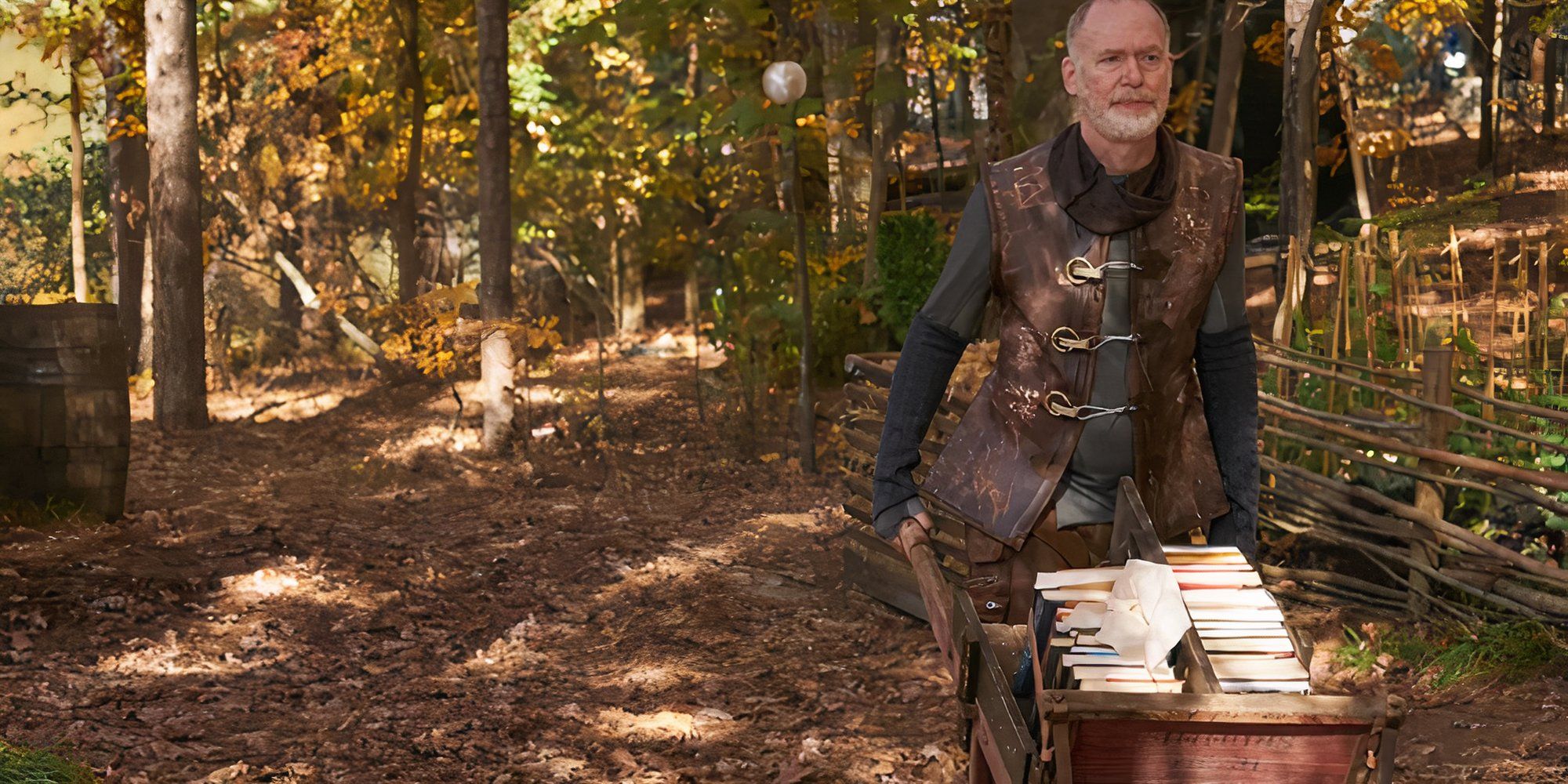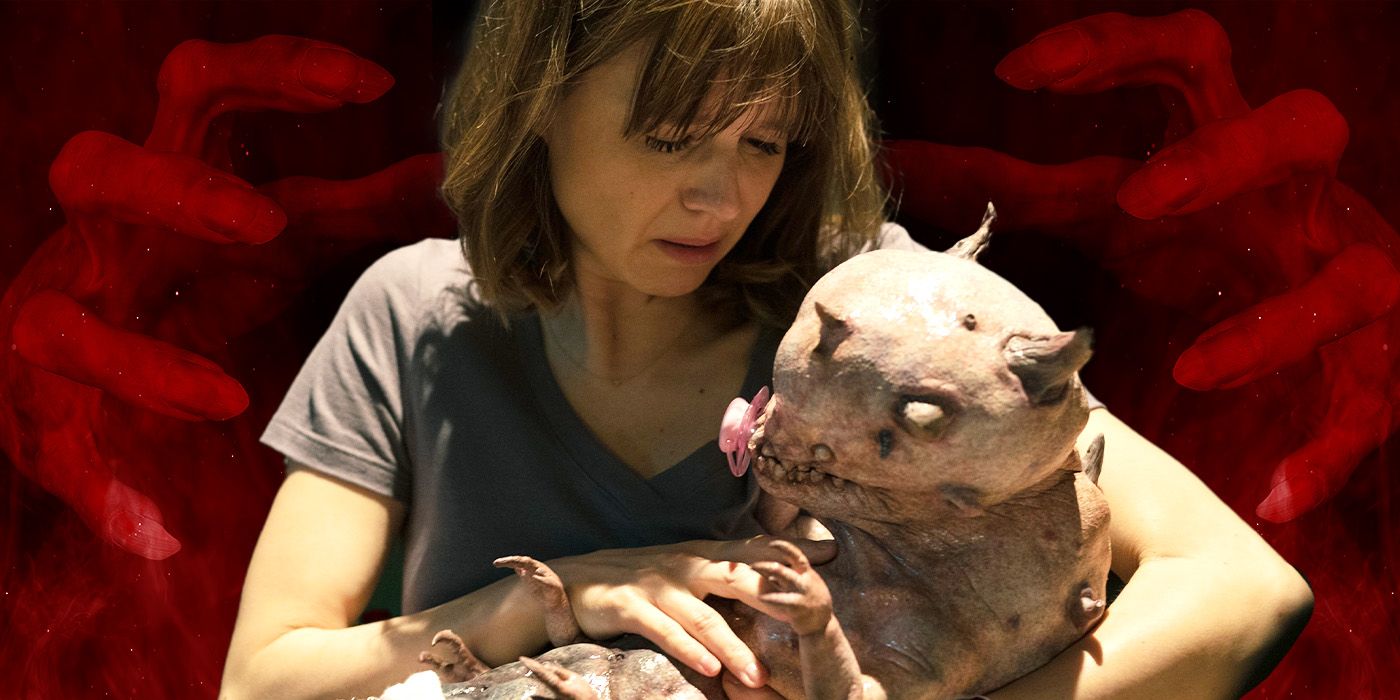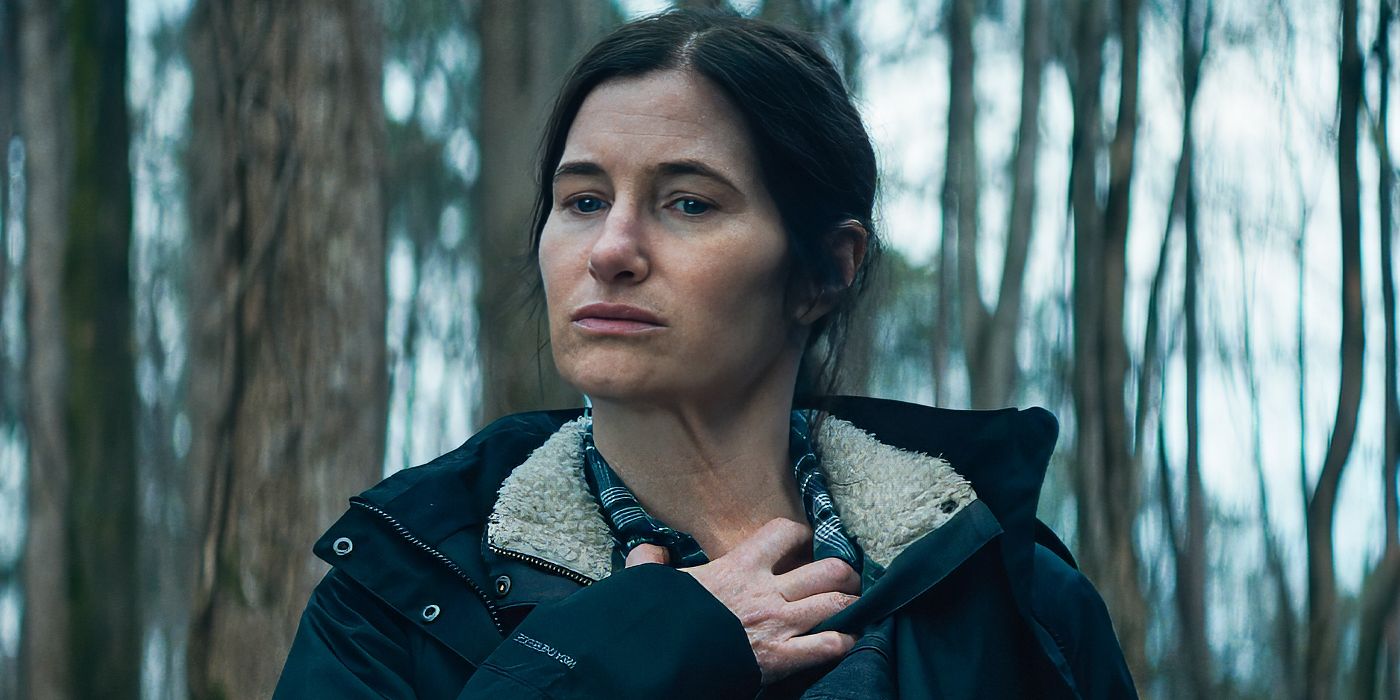
Sign in to your ScreenRant account
 Custom image by Debanjana Chowdhury
Custom image by Debanjana Chowdhury
I wish one of the best characters in the Uglies book had more than a cameo in the Netflix adaptation. Based on Scott Westerfeld's 2005 novel of the same name, Uglies tells the story of a dystopian society where all citizens receive surgery at the age of 16 that transforms them into being a Pretty. Prior to surgery, characters are called Uglies, as they do not have their society's desired physical features. Being an Ugly leaves protagonist Tally Youngblood (Joey King) feeling incomplete, especially when her best friend Peris (Chase Stokes) becomes a Pretty before her.
When Tally is sent by Dr. Cable (Laverne Cox) to find the Smoke, a place far beyond the city where Uglies live freely, her worldview is upended as she learns the sinister truth behind the Uglies operation that transformed Peris and countless others into Pretties. Much of her worldview is challenged for the better by David (Keith Powers), one of the Smokies she grows close to during her time there. In the book, there is another Smokie Tally meets who is important to her arc, but the character only has a brief cameo in the film.
The Boss Is One Of Uglies’ Best Characters
He Is Important To Tally's Arc

One of Uglies' best characters, and an important Smokie in the book, is known as the Boss. As a middle-aged man who never received the Pretty operation, Tally is initially shocked by his appearance, as she has never seen anyone with wrinkles, saggy skin, or someone who walks with a shuffle. Even more important than showing Tally that someone can live without the Pretty operation is the Boss' dedication to preserving the magazines and books in the Smoke's library.
The Boss even risks his life and is ultimately killed in an effort to save the magazines, books, and other artifacts for future generations.
The magazines and books belong to the Rusty civilization that existed centuries before the time of Uglies. The delightfully snarky and eccentric Boss understands how important preserving magazines and books are to understand the history of human civilization and to understand what has been lost. Helping Tally understand these truths is part of her arc in realizing the issues within her society and her need to rebel. The Boss even risks his life and is ultimately killed in an effort to save the magazines, books, and other artifacts for future generations.
Netflix's Uglies Reduces Him To A Blink-And-You-Miss-It Cameo
He Isn't Even Credited As The Boss

The Boss does not have any dialogue in the Netflix adaptation and is little more than a brief cameo. When she first arrives at the Smoke alongside David, Shay (Brianne Tju), and Croy (Jan Luis Castellanos) in the film, Tally glances at an older man pushing a wheelbarrow. This character is credited as Wheelbarrow Smokie and played by Uglies' author Scott Westerfeld, but Westerfeld confirmed his character is meant to be the Boss.
Uglies is the first in a series of four books, followed by the Impostors spinoff book series.
While I enjoyed seeing Westerfeld play a character in the adaptation of his book that has taken nearly two decades to come to fruition, I wish the Boss was more than a blink-and-you-miss-it cameo. Tally briefly seeing him pushing the wheelbarrow is the full extent of his role, and he is not seen again in the film. Only those who have read the book have any inkling of whom the man pushing the wheelbarrow is supposed to be, with his importance in the source material not translated into the adaptation.
How The Boss Could Have Improved Netflix's Uglies
He Could've Helped The Themes And Tally's Arc Be Better Developed
As an adaptation, changes from the Uglies book were inevitable, but what frustrated me was that many changes were made at the expense of how the characters and themes were developed. Every character's arc in the film, even Tally's, feels rushed and unearned as the 102-minute adaptation hurtles through important plot points. Having the Boss be a fleshed-out character who Tally interacts with could have gone a long way in better developing her arc after she arrives at the Smoke.
There is a particularly vital scene in the book where Tally looks at one of the magazines from centuries ago that the Boss is preserving, and she finds the featured fashion models to be hideous. This is important to Tally's understanding of how beauty and attractiveness are subjective and are not about being a Pretty, and that the unique personalities and physical traits of each individual have been lost for the sake of conformity and government control. Without the magazines or the Boss, an essential part of the themes and Tally's arc are lost.
The importance of books and the empowering nature of reading would have had greater resonance with the Boss talking about the importance of literature to Tally, along with the later sacrifice he makes to save the books and magazines.
In the film, Tally secretly reads Walden by Henry David Thoreau, and later sees it among other books in the home of David's parents. The importance of books and the empowering nature of reading would have had greater resonance with the Boss talking about the importance of literature to Tally, along with the later sacrifice he makes to save the books and magazines. Losing the Boss is one of many ways that Netflix's Uglies fell short for me and why the book is a far more compelling iteration of this story.





/cdn.vox-cdn.com/uploads/chorus_asset/file/25242409/20230608_Palworld_Screenshot_02.png)



 English (US) ·
English (US) ·